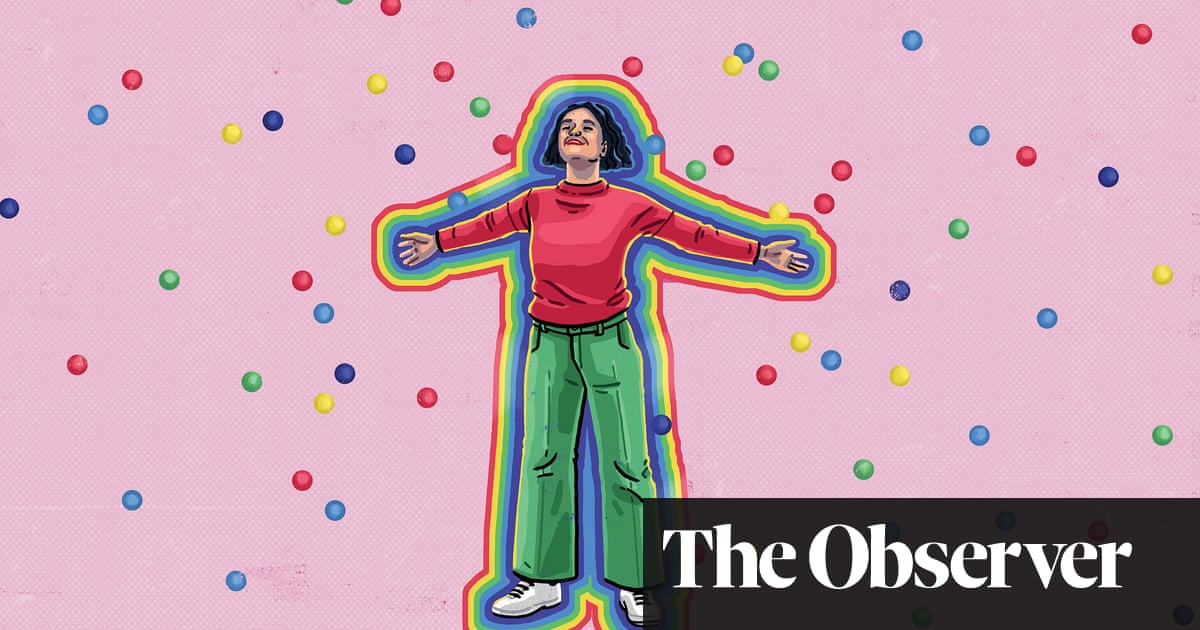
In its 75th anniversary year, now is a good time to take stock of the UN. The world has changed significantly since 1945, when a new postwar world order was shaped with multilateral institutions, and the Pax Americana began to define international relations. But that was then and this is now — what has the UN achieved, and does it still have a role?
The UN certainly helped to make decolonization less traumatic than it could otherwise have been. During the 1960s and 1970s, 80 countries were freed from the shackles of their colonizers and 11 territories joined the family of nations.
We all know its peacekeeping troops, in their distinctive blue helmets, who insert themselves between the battle lines of conflicts in the Middle East, Africa, southeast Europe, Asia and Latin America. While often powerless in the face of violence, they have prevented much bloodshed and saved many lives.
There is also much more to the UN than its annual general assembly, and the interminable wrangling of the Security Council. Vital arms such as the International Court of Justice, the Economic and Social Council, the UN Development Programme, the World Food Programme, the World Health Organization and the UN Framework Convention on Climate Change (UNFCCC), and related organisations such as the International Atomic Energy Agency, all carry out invaluable work.
The UNFCCC in particular gained prominence as the world started to come to grips with the need for environmental sustainability. And it was the UN that established the 17 sustainable development goals tomake the world a more inclusive, fairer and safer place. They include eradicating poverty and hunger, and promoting health, well-being and quality education — and who can argue with that?
When an organization’s membership grows as the UN’s has done — from 51 countries when it was formed to 193 today —and when its mandate is so widespread, it should not come as a surprise that its bureaucracy grows commensurately. This unwieldy apparatus is one of the main criticisms of the UN, and it is probably a fair one.
There is no doubt that the UN is in need of reform... However, the world is a safer, fairer and more inclusive place because of the existence of the UN.
Cornelia Meyer
While continually criticizing the UN’s bureaucracy and financial profligacy, the US was for a long time an anchor of the organization, but that has changed under the Trump administration. The US wants to leave the WHO and has abandoned the UNFCCC’s Paris accord on climate change. Meanwhile China has been on the ascent on the international scene for two decades, and has wasted no time in filling the void left by the US.
There is no doubt that the UN is in need of reform (after 75 years, which organisation would not be?). Many countries have also over time tried to position themselves as new permanent members of the Security Council, to reflect their economic and political ascent.
However, the world is a safer, fairer and more inclusive place because of the existence of the UN, and its specialized sub-organisations and affiliates. The UN gives every country a stage, and it is up to theirgovernments how they chooses to use it. We may despair at times over the inefficiencies of the behemoth with headquarters in New York, Geneva, Vienna, The Hague and Nairobi, but we still depend on its convening power to address issues of war and peace, climate change, development and health care on a global scale,especially at times such as the current coronavirus pandemic.
I urge those who advocate the abolition of multilateral frameworks to imagine a world without the UN — a world in which we would all be immeasurably worse off.
Cornelia Meyer is a business consultant, macro-economist and energy expert. Twitter: @MeyerResources
Disclaimer: Views expressed by writers in this section are their own and do not necessarily reflect Arab News" point-of-view












